Crypto vs Traditional Credit Card – Understanding the Differences in Today’s Payment Landscape
July 20, 2025
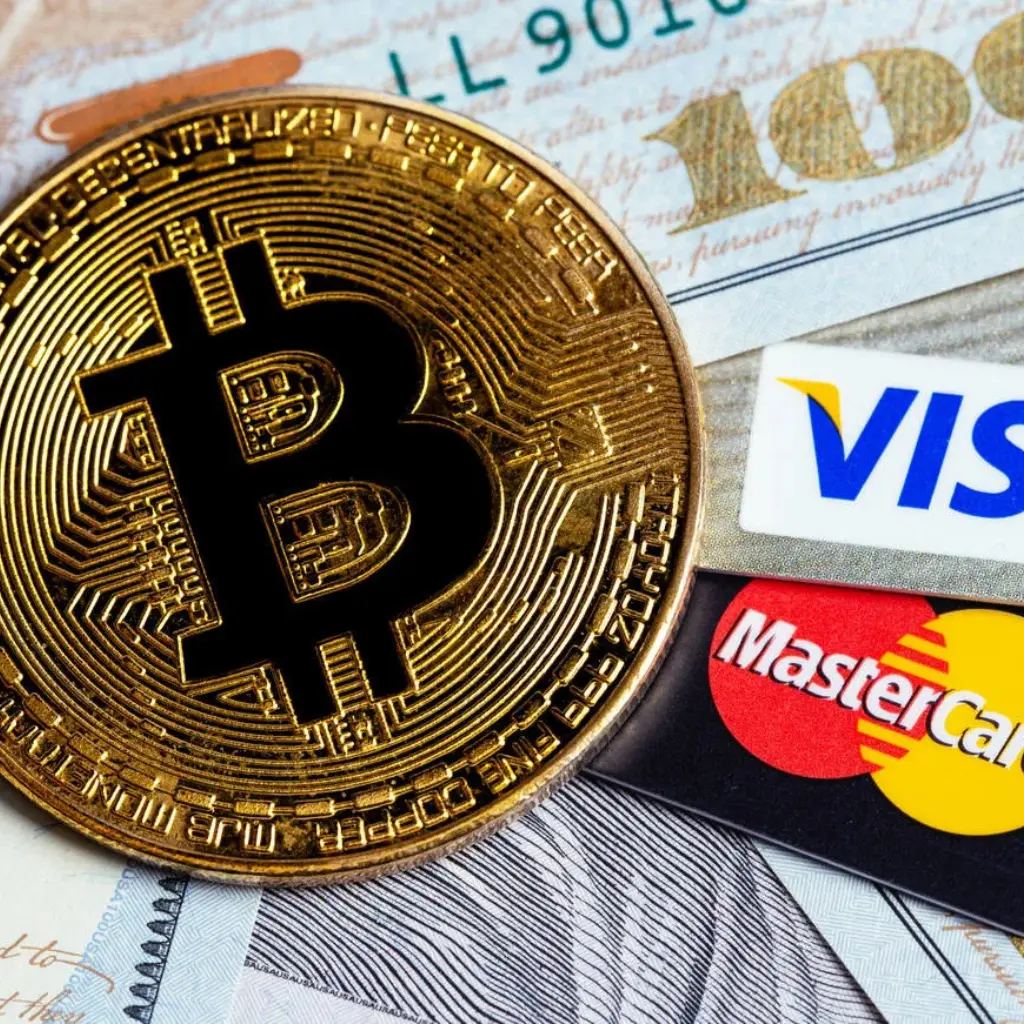
In a world where digital finance is rapidly evolving, many consumers are evaluating how they pay — and what’s best for them. Two major contenders in the modern payment scene are crypto vs traditional credit card. Each offers unique benefits and drawbacks, depending on how you value convenience, control, privacy, and technology.
This article aims to provide a clear, educational overview of both systems, helping you make informed financial choices based on your lifestyle and needs.
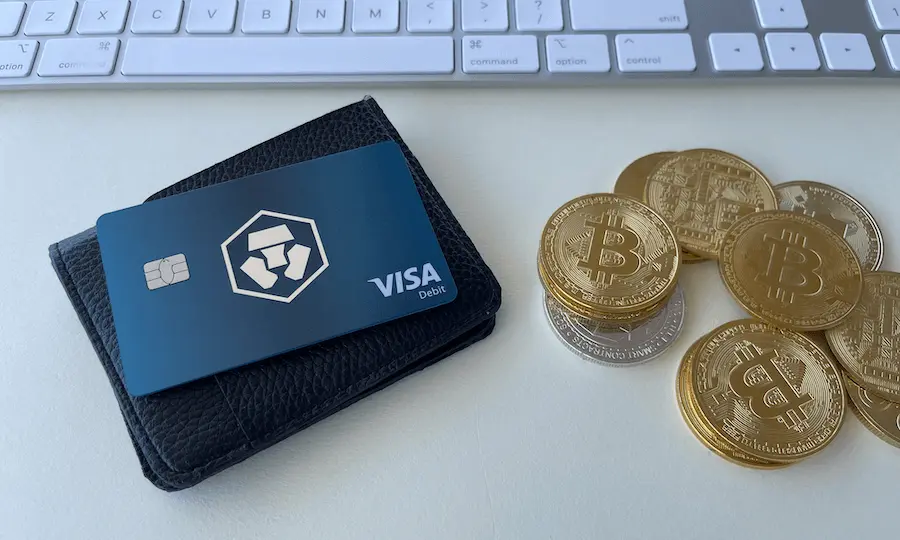

1. How Each System Works: The Fundamentals
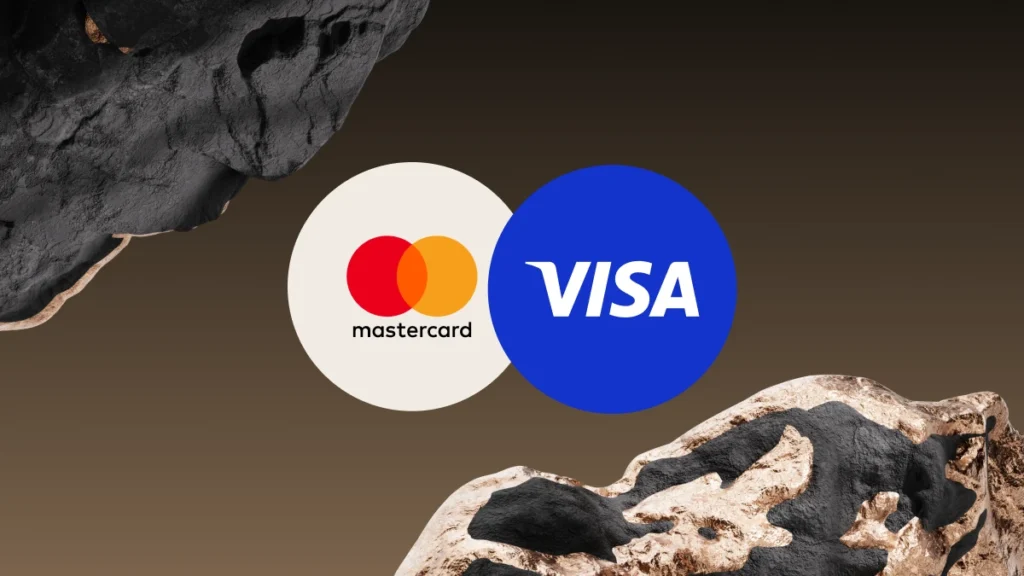
Traditional Credit Cards
Credit cards — such as Visa, Mastercard, and American Express — allow users to make payments on credit. The bank pays the merchant upfront, and the user repays the bank later, usually on a monthly billing cycle. Interest is charged if the balance isn’t paid in full.
Cryptocurrency Payments
Crypto payments involve sending digital assets (like Bitcoin, Ethereum, or USDT) from your personal wallet directly to a merchant. These transactions occur on blockchain networks and do not involve banks or traditional financial institutions.
2. Crypto vs Traditional Credit Card : Speed and Transaction Time
- Credit Cards: Appear instant to users but often take 2–3 business days to fully process on the backend.
- Cryptocurrency: Can be almost instant (e.g., with Solana or Layer 2 Ethereum chains) or slower depending on blockchain congestion.
Educational Tip: Fast transaction times with crypto are possible with certain blockchains. However, always check the network before sending time-sensitive payments.
3. Crypto vs Traditional Credit Card : Transaction Fees and Costs
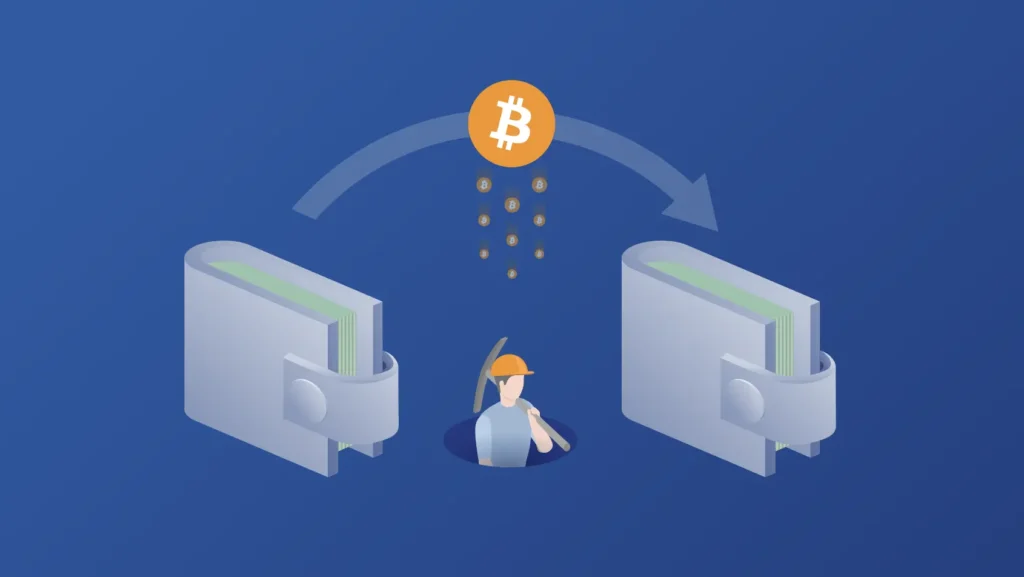
- Credit Cards: Typically charge merchants 2–3% per transaction. Users may encounter hidden foreign exchange fees during international purchases.
- Cryptocurrency: Often lower fees, especially when using efficient chains. However, fees can spike during high network activity, particularly on older blockchains like Ethereum.
Insight: For frequent travelers or cross-border business, crypto can sometimes offer more cost-effective transactions.
4. Control Over Funds
- Credit Cards: Managed by a bank. Your card can be frozen or declined due to fraud concerns or transaction limits.
- Cryptocurrency: Full control lies with the user. You own your wallet and keys. However, this also means you are responsible for security — there’s no customer service to recover lost funds.
Educational Reminder: If you lose your crypto private keys, you may permanently lose access to your funds. Proper storage and backup are essential.
5. Privacy and Data Sharing

- Credit Cards: All transactions are recorded and tied to your identity. Data may be sold or used for targeted advertising.
- Cryptocurrency: Transactions are pseudonymous. Wallet addresses are not directly tied to personal identities unless revealed. Privacy can be enhanced further using privacy-focused coins or mixers.
Note: Some crypto platforms and countries now require identity verification (KYC), reducing anonymity.
6. User Experience and Adoption
- Credit Cards: Universally accepted, easy to use, with wide infrastructure and fraud protection.
- Cryptocurrency: Still in early adoption. Some learning curve exists with wallets and security. However, ease of use is improving quickly with newer apps and platforms.
Tip: Start with small crypto transactions if you’re new, and explore wallets with user-friendly interfaces.
7. Security and Fraud Protection
- Credit Cards: Offer fraud protection, chargeback options, and transaction monitoring.
- Cryptocurrency: No built-in fraud protection. Once sent, a transaction is final. Users must stay vigilant against phishing and scams.
Crypto vs Traditional Credit Card : So, Which Should You Use?
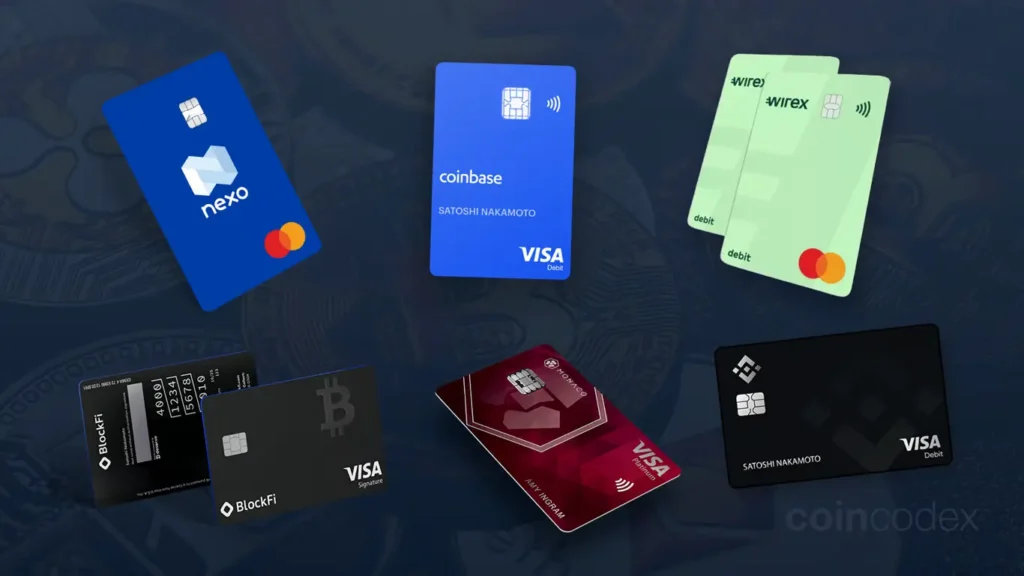
There’s no one-size-fits-all answer. Instead, consider these scenarios:
- Use credit cards if you prioritize convenience, consumer protection, and widespread acceptance.
- Explore cryptocurrency if you value decentralization, privacy, and lower international fees — and are comfortable managing your own digital assets.
Some consumers now use both systems together, maximizing benefits depending on the situation.
Final Thoughts: Financial Literacy in a Digital Age
Understanding how different payment methods work is key to financial empowerment. As the world moves toward decentralized finance, knowing the distinctions between crypto and credit cards helps you choose what fits your lifestyle — whether you’re shopping online, sending money overseas, or simply staying informed.
By continuing to educate yourself and staying updated on new technologies, you’ll be better prepared for the evolving landscape of personal finance.
Relevant News : Here
